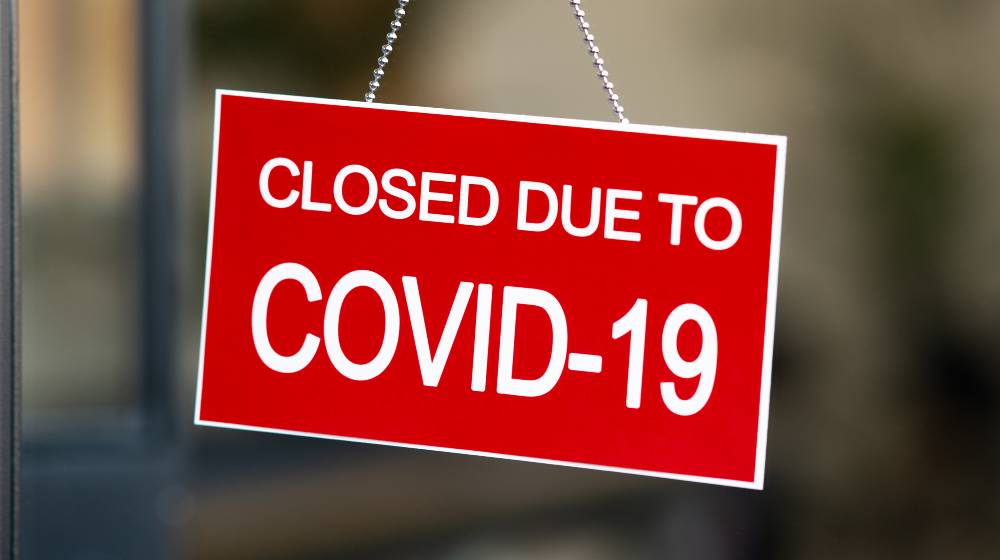Business
Businesses Struggle as Rising Omicron Cases Cause Worker Shortages

The rising number of COVID Omicron cases are taking their toll on US businesses. From airlines to small shops, the number of missing workers due to Omicron is leading to severe understaffing.
RELATED: Despite Omicron, US Holiday Sales up by 8.5% This Year vs Last Year
Severe Understaffing Issues Due to Rising Omicron Cases

COVID’s Omicron variant is spreading faster than imagined. Since its discovery last year, the highly-transmissible variant is disrupting businesses.
Already shorthanded to begin with, many companies are now reporting heightened worker absences due to COVID-19. This, in turn, is making consumers hold back on spending on restaurants, hotels, and airlines.
In fact, the effects of rising Omicron cases are being felt across industries. US airlines are canceling thousands of flights due to a lack of available staff.
Public transport systems in major cities like the US and Washington are limiting operations as well. Meanwhile, professional sports are announcing postponements due to health and safety protocols.
In addition, major companies that planned to have workers return to the offices by January are now postponing matters indefinitely.
This includes tech giants Apple, Google and Facebook, financial firms Goldman Sachs and JP Morgan, and others. Finally, many hospitals and medical centers are now reporting severe understaffing issues.
Omicron Cases Still on the Rise, 5 Million Americans In Quarantine
Capital Economics estimates the number of Americans in quarantine at 5 million. Experts believe that Omicron cases will likely rise before they start to fall down.
This means that US economic recovery remains vulnerable as COVID remains unpredictable. Companies are now dealing with worker shortages on two fronts.
Employers are struggling to fill in vacancies while dealing with increased absenteeism due to Omicron at the same time.
However, many employers are assuming that Omicron is a problem that will go away as fast as it arrived. Dean Burrows, CEO of Gear Motions, said that companies are learning to deal with COViD.
“At first, it was a lot of fear of the unknown. Over two years later, our employees are more educated. We’re more knowledgeable as a country. Now we kind of understand what it is. We know how to manage it,” he said.
Financial Markets Seem To Ignore COVID-19
Meanwhile, financial markets seem to take Omicron less seriously. It helped that Wall Street is more focused on the Federal Reserve’s plan to reduce its balance sheet.
Even after the discovery of Omicron last November, the Dow Jones continues to rise at an annualized 15% rate. Meanwhile, 10-year US treasury securities barely moved throughout the period.
Jim O’Sullivan, macro strategies head for TD securities, confirms that Omicron’s anticipated short life span won’t amount to much. “The mood in the market is that it’s not going to be that big a deal economically.
The hope is it’ll be over in a month,” O’Sullivan said. A case in point was the recent experience with the Delta variant.
After Delta battered the US, the economy picked up where it left off to grow at a 7% annualized rate. This is according to estimates from the Federal Reserve Bank of Atlanta.
Economists Moving Down Their Projections
At this point, many economists are now readjusting their projections for the first quarter of 2022. O’Sullivan himself reduced his 1Q growth forecast from 3% to 2%.
However, he expects the economy to make up the shortfall in the second quarter.
Watch the Global News video reporting that understaffed hospitals worry about being overwhelmed by Omicron:
What do you think about the current business climate in the US now? Do you agree that Omicron is the primary culprit for the slowdown?
Let us know what you think. Share your thoughts in the comments section below.















